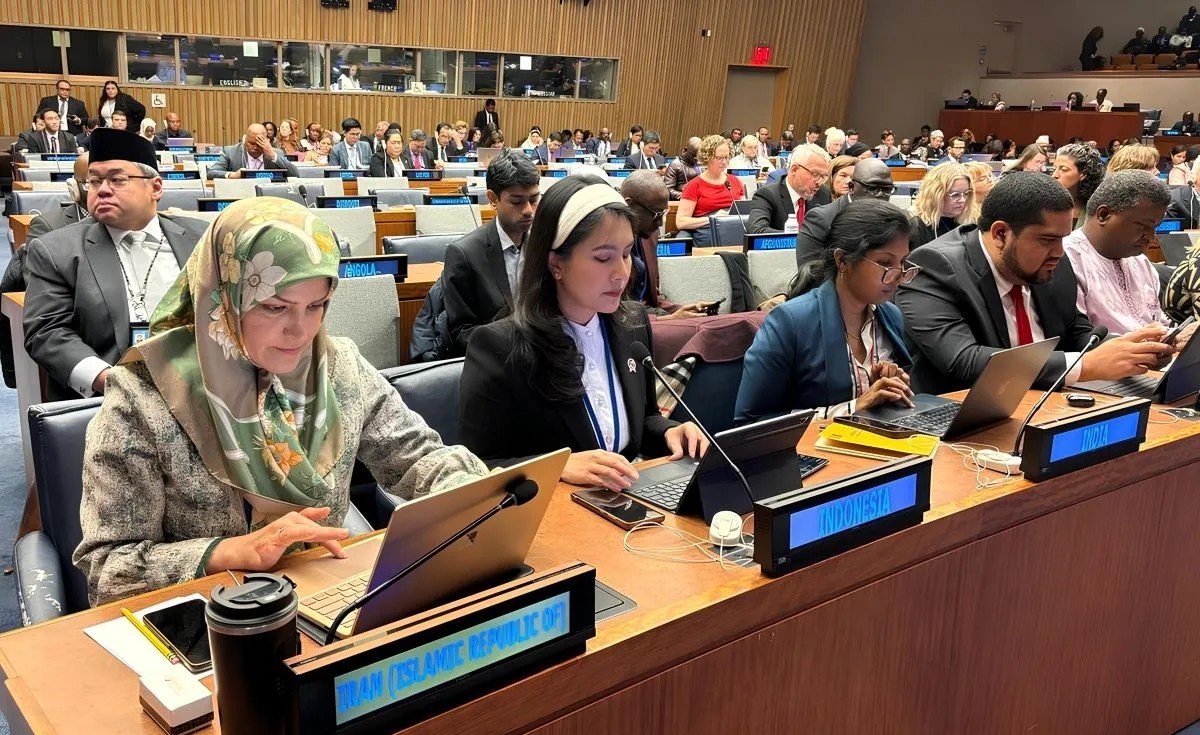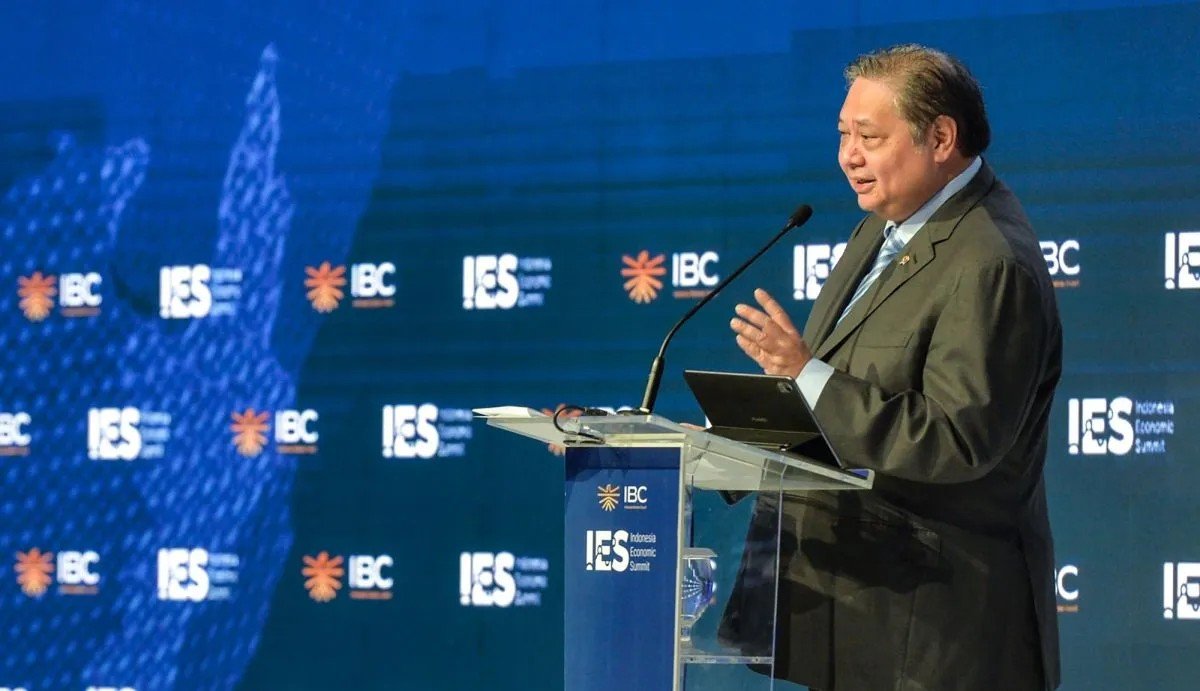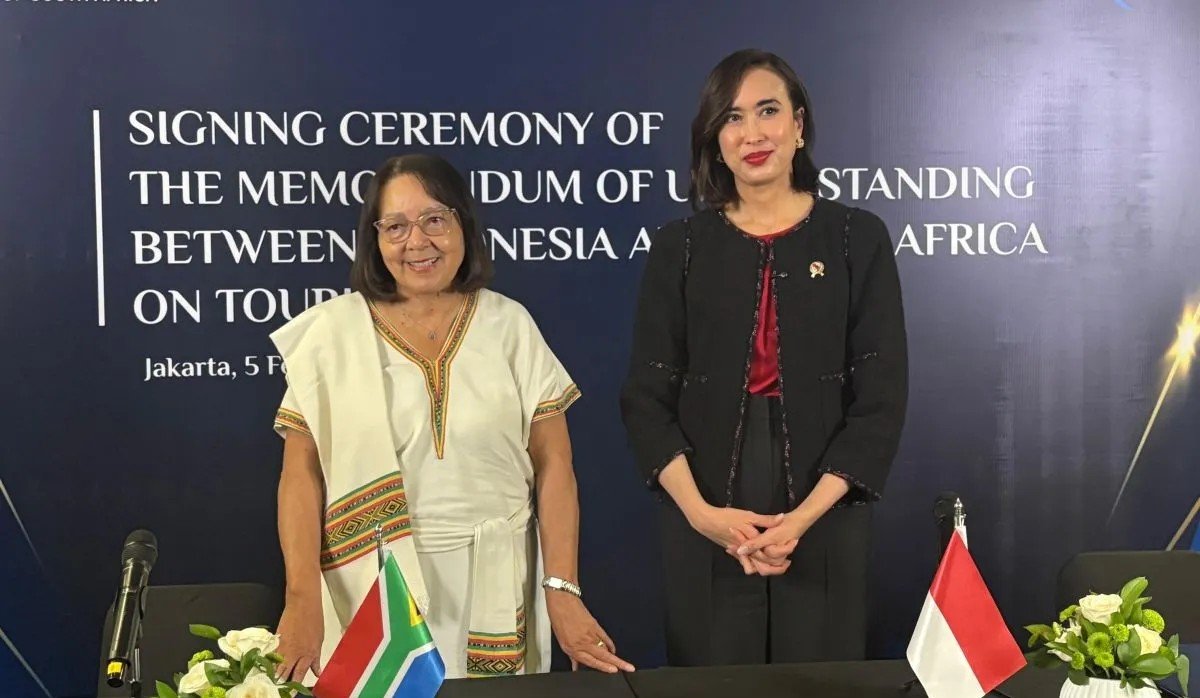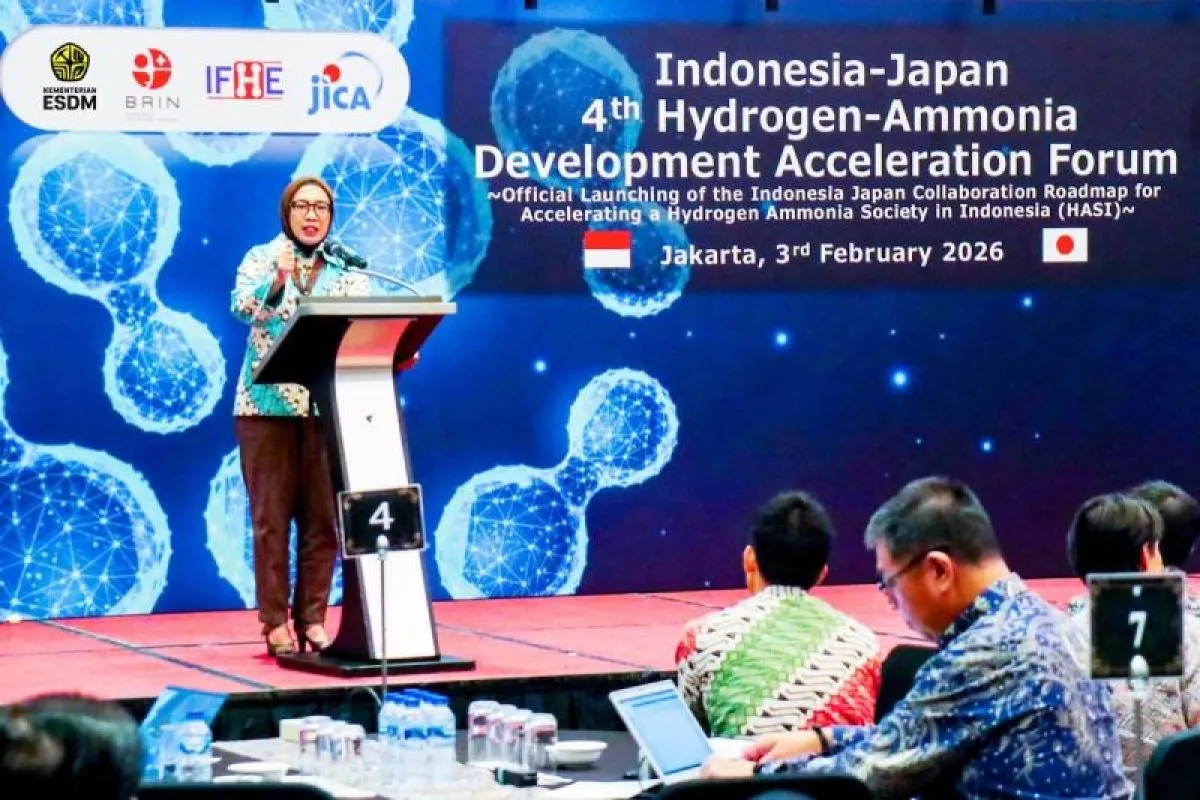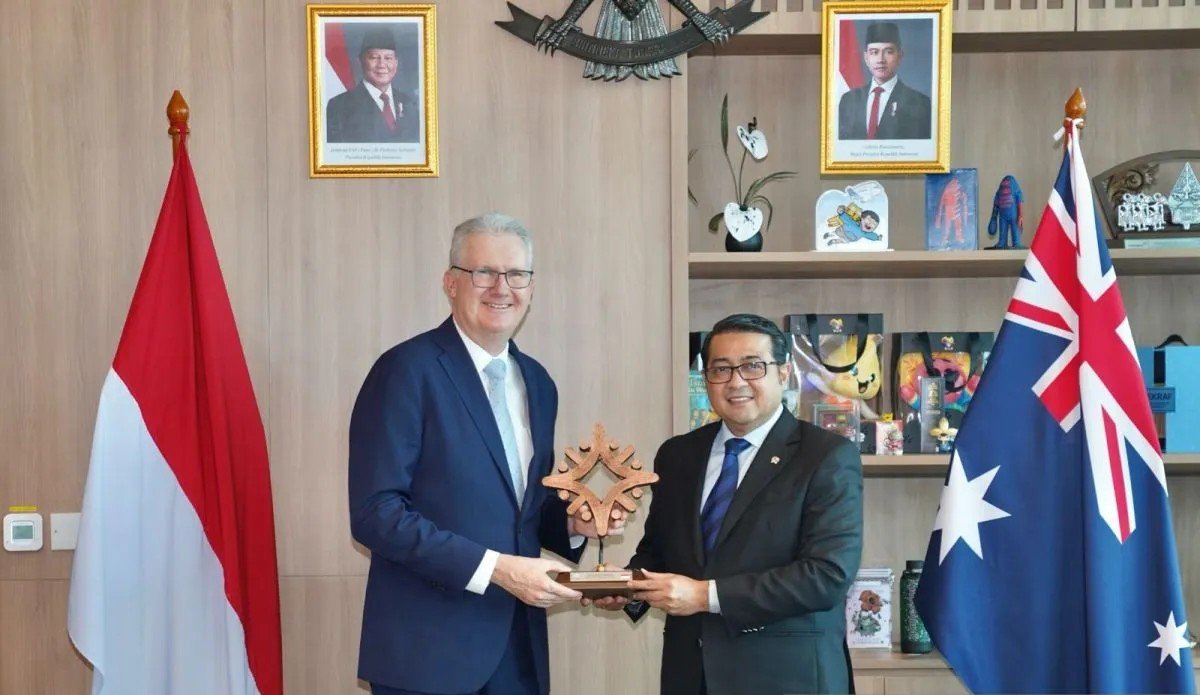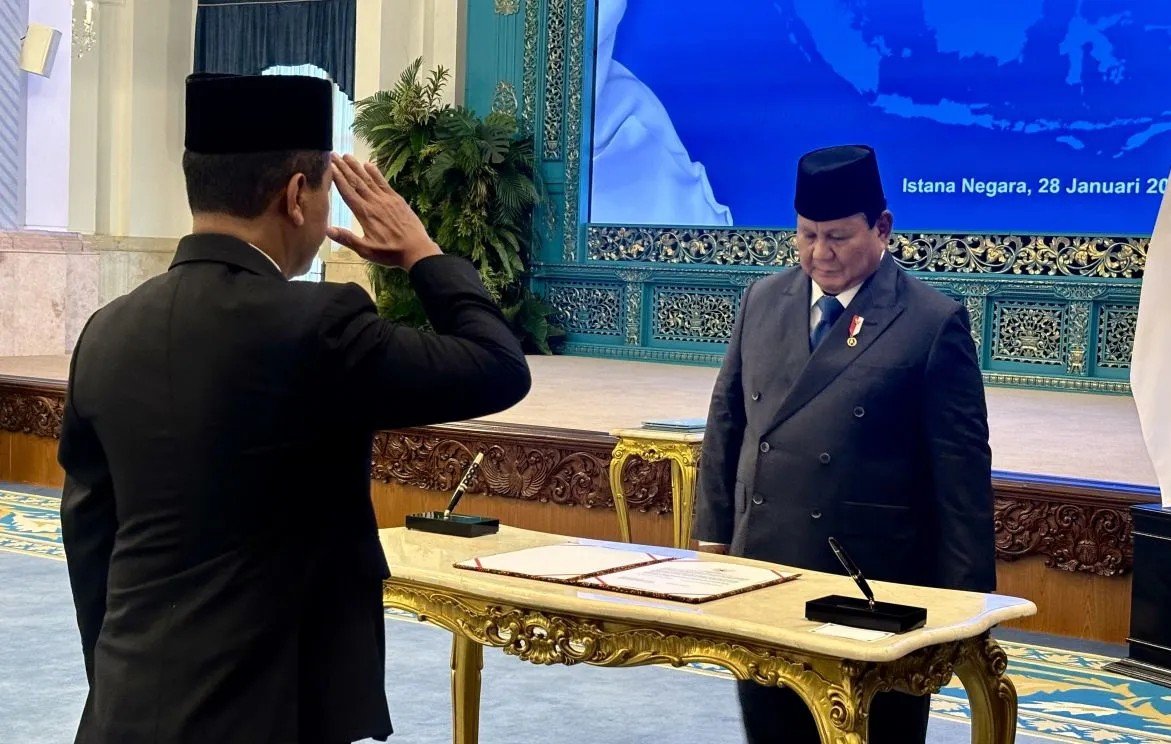Jakarta, April 8, 2025 – The Europe Today: Indonesia underscored its progress in health and human development during the 58th Session of the Commission on Population and Development (CPD), held at the United Nations headquarters in New York on Monday.
Speaking on behalf of the Indonesian government, Deputy Minister of Population and Family Development, Ratu Isyana Bagoes Oka, outlined the country’s recent accomplishments, including a marked decline in maternal and infant mortality rates. This trend, she noted, reflects an overall improvement in national life expectancy and health outcomes.
Ratu Isyana emphasized the success of the National Health Insurance (JKN) program, which has expanded significantly in recent years and now covers approximately 96 percent of the Indonesian population. She reaffirmed the government’s commitment to equitable healthcare access as part of its broader strategy for sustainable human development.
She further highlighted Indonesia’s focus on key development pillars, including universal health coverage, enhanced education quality, poverty alleviation, social protection, and the reduction of malnutrition. As part of this agenda, she introduced flagship programs such as the Free Nutritious Meals (MBG) initiative and the Free Health Checks (PKG) program, both designed to improve public health and nutritional standards.
Also addressing the session, Secretary of the Ministry of Population and Family Development, Budi Setiyono, stressed the importance of adopting a holistic and life-cycle-based approach to human development. He described the MBG and PKG programs as critical government interventions to prevent malnutrition and disease while supporting the creation of a healthier, more productive population.
Budi Setiyono added that efforts to strengthen family planning services, enhance maternal health, and increase the legal age of marriage are integral to the government’s strategy to improve overall population well-being.
The Indonesian delegation also emphasized the inclusive and sustainable nature of these programs, which are supported by a combination of national and international funding and partnerships.
The Commission on Population and Development (CPD), established in 1994 by the UN Economic and Social Council, comprises 47 member states, including Indonesia. The CPD provides a global platform for member countries to share best practices and collaborate on population and development policies.
